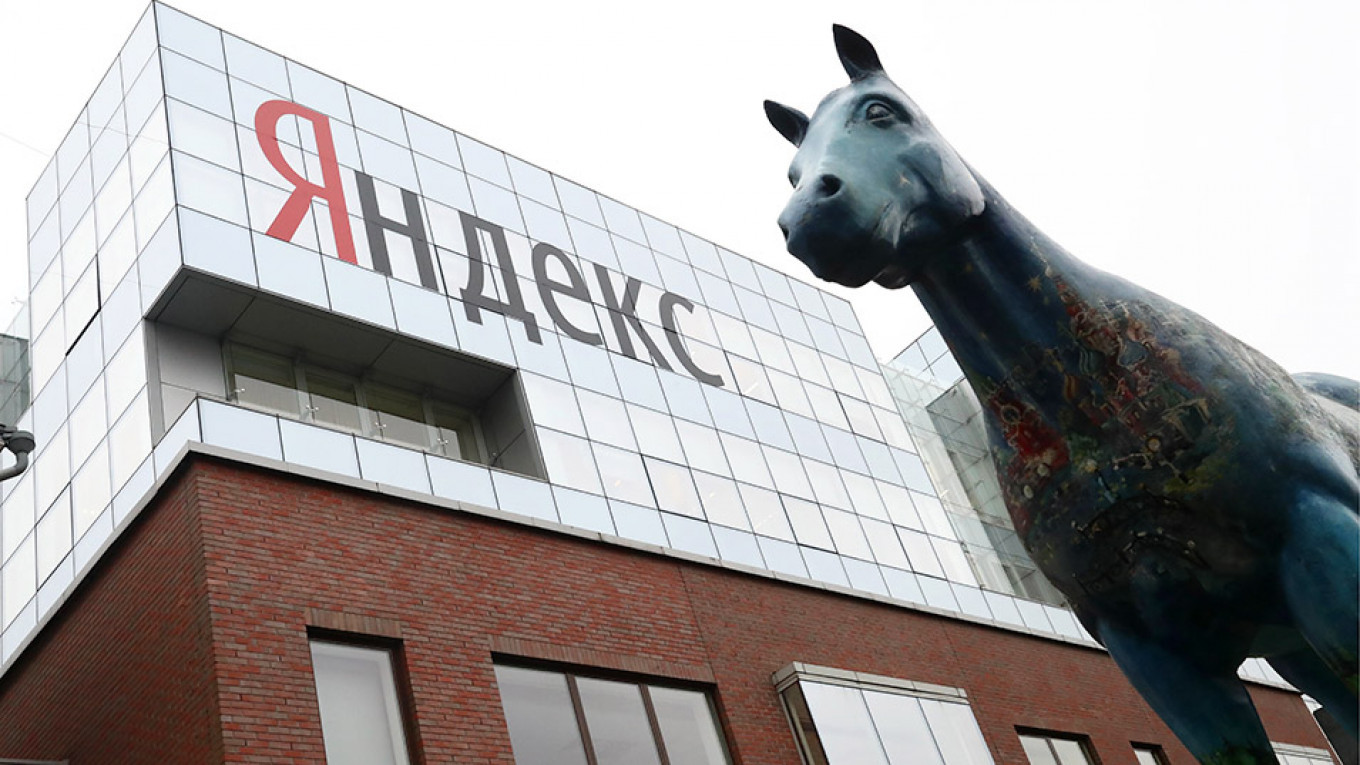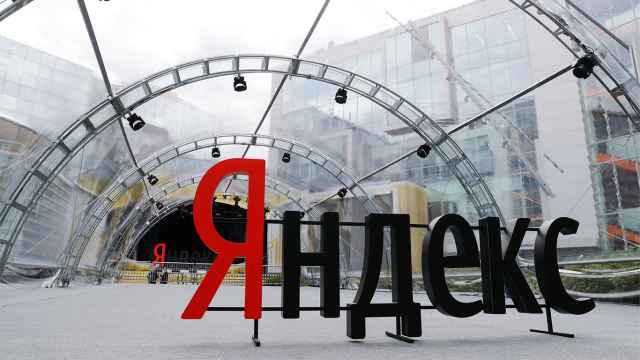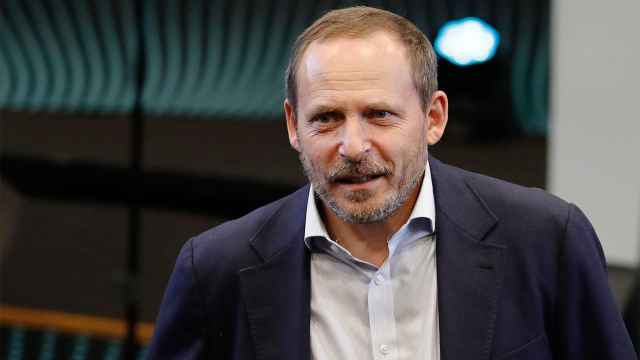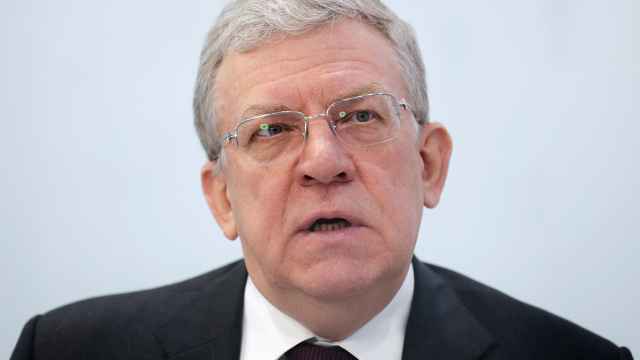Earlier this month, Russian technology giant Yandex announced that it would be undertaking a company restructure. The decision followed lengthy negotiations with Kremlin officials, worried that foreigners could gain control of the privately owned internet giant.
The deal gives the state greater control over Yandex, with the company agreeing to create a new body, a “Public Interest Foundation,” registered in one of Russia’s offshore zones in Kaliningrad. The foundation will have a veto over any share consolidations above 10% and operational decisions over how the company uses personal data and intellectual property. President Vladimir Putin yesterday signed the formal decree making the necessary changes to Russian law and paving the way for the organization to be established.
The restructure plan was a long time in the making. A year ago, Russian business paper Vedomosti quoted anonymous Kremlin sources confirming that discussions over the fate Yandex were taking place “at the highest level.” In other words, President Vladimir Putin was personally involved in the talks.
The reason for such interest from the top is the internet giant’s significant media activities — and the Kremlin’s lack of control over them. “The process of taming Yandex is under way,” one source said. Then, this July a new draft law appeared: Duma deputy Anton Gorelkin submitted a bill that would limit foreign ownership of “significant information resources” to a maximum of 20% — Yandex was the clear target.
But the tussle for control of Yandex didn’t emerge in the last 12 months. Yandex has been on the Kremlin’s radar — especially the secret services’ — for a long time.
In 2009, Yandex was forced to sell a so-called “golden share” with special veto powers over share accumulation to Sberbank, as a form of protection against the merger plans of Putin’s proxy businessman, Alisher Usmanov. At that time, Sberbank was perceived as a partner which could play the role of arbitrator between the company and the Kremlin, especially as Usmanov was acting under Putin’s supervision.
Since then, Putin himself played a significant role in increasing the pressure on Yandex, Russia’s largest technology company by market capitalization. Pressure which culminated with the announcement of the latest company restructure. In 2014, Putin hinted that American forces were covertly influencing Yandex. He also claimed that the internet had been created by the CIA and remained an instrument of American interference in the domestic affairs of other countries.
Politicians tied to the secret services have frequently accused Yandex of being dependent on “American sponsors,” advancing the “opposition agenda” in the media, and facilitating the political activities of opposition parties outside the Kremlin-controlled system. Former KGB bodyguard, now businessman and politician, Andrey Lugovoy even requested the Russian Prosecutor General investigate Yandex on charges of “digital aggression” against the state. Since then multiple laws have been adopted and ratified, forcing Yandex to adapt to this less friendly environment.
Yandex first responded by excluding content from some of its services which was critical of the government, in turn earning heavy criticism from Russia’s liberals. The company also experienced a new wave of political pressure in 2016 when the Central Bank pushed Yandex to close Yandex Money virtual bank accounts being used for fundraising by opposition leader Alexey Navalny, and radically tightened its rules on capital accumulation.
However, just one year later, Putin unexpectedly paid a high-profile visit to Yandex’s headquarters — a move which was interpreted as a sign of détente between the Kremlin and the tech giant. But this proved misguided — the visit was only orchestrated in preparation for the then-upcoming 2018 presidential election as an attempt to make Putin seem more modern.
Despite Yandex Money and Yandex News having been disciplined, the security services were still anxious that a tech company dominating the Russian market with vast amounts of data on Russian citizens — emails, social media profiles, account information and more — was not controlled by those on the “correct” side of the political spectrum. Sberbank’s golden share came to be seen as insufficient and attacks on the company started up again. Gorelkin’s draft bill against foreign ownership was an ultimatum to Yandex: either be destroyed — the law would make it all but impossible to work in Russia — or surrender.
Yandex promptly went back to the negotiating table, with officials from the presidential administration involved in discussions over the restructure. Yandex’s destiny depended on the result of a battle between the systemic liberals — head of the Audit Chamber Alexei Kudrin and Sberbank CEO German Gref — on one side, and the siloviki — mostly FSB and security council representatives — on the other. Domestic policy overseer Sergey Kiriyenko played the role of mediator.
Putin himself personally approved the plan at one of the final meetings. According to one source, Kudrin and Gref succeeded in making their argument that Yandex must remain a private company, while the siloviki reluctantly agreed with a plan that would limit Yandex’s management’s ability to act on their own prerogative. As a result, the newly created foundation will be managed by a board of directors, where Yandex itself will have just three of the 11 seats.
The foundation will have the power to nominate two members to Yandex’s board of directors: Alexei Komissarov, deputy director of the Russian Presidential Academy of National Economy and Public Administration, and Alexei Yakovitsky, CEO of Kremlin-owned bank VTB Capital. Komissarov is a close ally of Putin’s right-hand man Kiriyenko and already oversees two of the Kremlin strategist’s personal projects, called “Leaders of Russia” and “Russia — Country of Possibilities.”
In effect, the keys to Yandex’s security have been passed from Sberbank’s German Gref to the presidential administration.
Nevertheless, the new configuration seems too vulnerable to avoid future rounds of pressure. The siloviki were forced to accept a compromise, but still see the deal as half-baked and believe they can restart the confrontation at a later date.
Unsurprisingly, Gorelkin, who withdrew his draft law on foreign ownership caps within hours of the deal being announced, said he would still submit new draft legislation sometime in the future.
From Yandex’s side, those who participated in negotiations were euphoric, but admitted their victory was fragile — and could yet be reversed.
Yandex has gained time, but if things do not change, the current compromise is unlikely to survive a fresh attack.
A Message from The Moscow Times:
Dear readers,
We are facing unprecedented challenges. Russia's Prosecutor General's Office has designated The Moscow Times as an "undesirable" organization, criminalizing our work and putting our staff at risk of prosecution. This follows our earlier unjust labeling as a "foreign agent."
These actions are direct attempts to silence independent journalism in Russia. The authorities claim our work "discredits the decisions of the Russian leadership." We see things differently: we strive to provide accurate, unbiased reporting on Russia.
We, the journalists of The Moscow Times, refuse to be silenced. But to continue our work, we need your help.
Your support, no matter how small, makes a world of difference. If you can, please support us monthly starting from just $2. It's quick to set up, and every contribution makes a significant impact.
By supporting The Moscow Times, you're defending open, independent journalism in the face of repression. Thank you for standing with us.
Remind me later.








